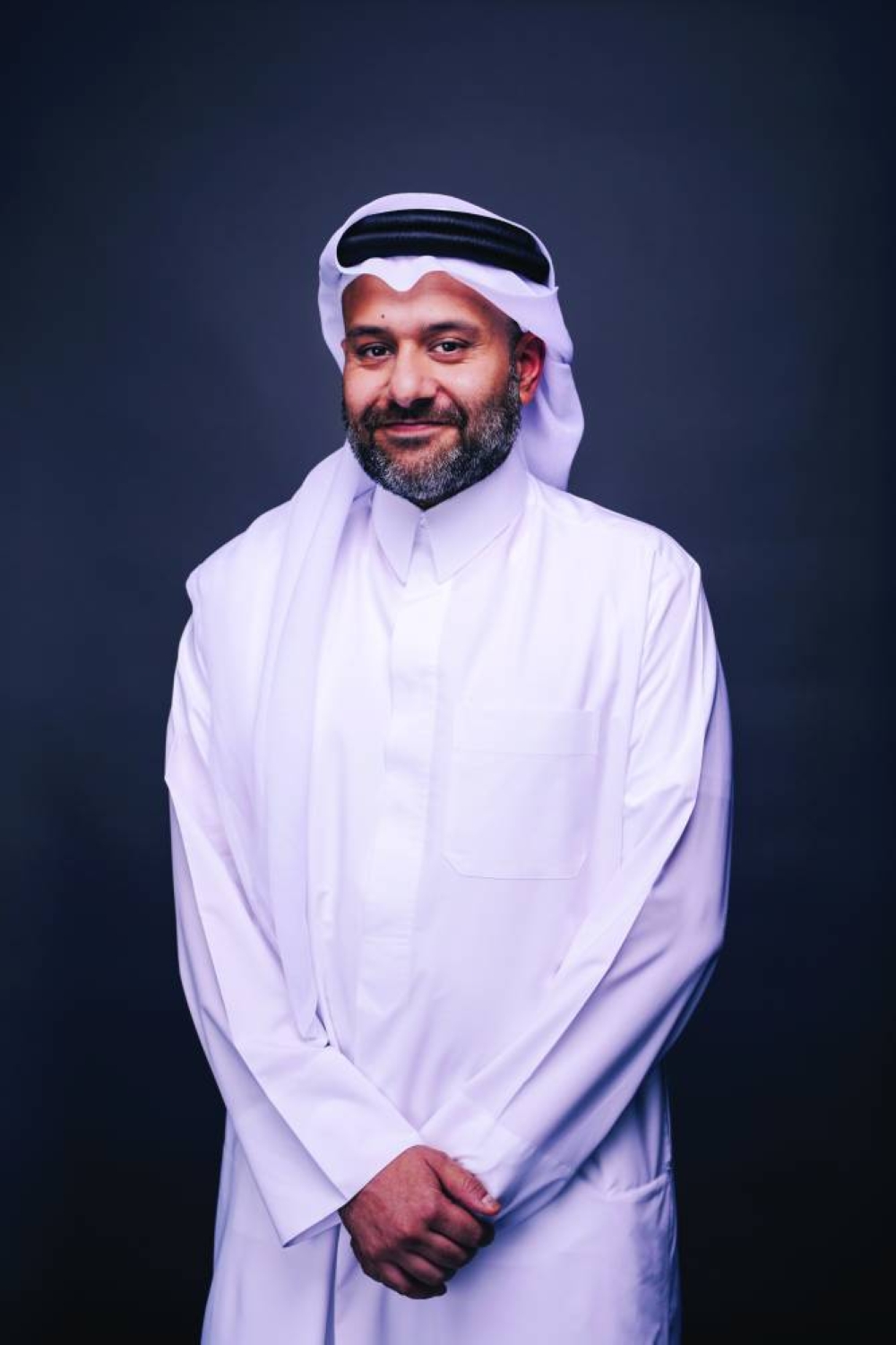Doha's non-energy private sector completed a year of solid overall growth during 2023, even as the business optimism “softened” this year, according to the Qatar Financial Centre (QFC).
Across 2023 as a whole the PMI (purchasing managers’ index) trended at 52.4, mainly in line with the solid long-run average since 2017 (52.3), according to the latest QFC PMI survey.
The PMI registered 49.8 in December, from 51.5 in November. The latest figure was close to the no-change mark of 50.
“The final PMI for 2023 signalled the stable business conditions for Qatari non-energy firms; completing a year of solid economic expansion. The survey data for the second half of the year suggest that annual growth in official GDP (gross domestic product) will have been maintained," said QFC Authority chief executive officer Yousuf Mohamed al-Jaida.
Qatari firms ended 2023 with positive expectations for activity in 2024, although overall confidence was softer than the long-run survey trend, according to the PMI.
"The business outlook for the year ahead remains positive, although unsurprisingly optimism has softened somewhat compared with the peak seen in the aftermath of the World Cup," according to al-Jaida.
The latest PMI survey data from the QFC said volumes of output, new business and backlogs of work were all largely stable compared with November levels, while employment growth was maintained, and the 12-month business outlook remained "positive".
The Qatar PMI indices are compiled from survey responses from a panel of around 450 private sector companies. The panel covers manufacturing, construction, wholesale, retail, and services sectors, and reflects the structure of the non-energy economy according to official national accounts data.
The headline QFC PMI is a composite single-figure indicator of non-energy private sector performance. It is derived from indicators for new orders, output, employment, suppliers’ delivery times and stocks of purchases.
Of the five components of the headline figure, output, new orders and stocks of purchases registered similar index readings, indicative of stable volumes compared with November. A positive contribution from employment was offset by shorter suppliers' times.
Demand for goods and services in Qatar’s non-energy economy were mostly stable in December 2023, completing a year of solid overall growth on average. Firms reported new customers during the month. By sector, manufacturing continued to see comparatively strong new business, as did financial services.
Similar to new orders, total activity was broadly unchanged in December since the previous month. Again, financial services remained a source of growth. Meanwhile, the overall level of outstanding business remained stable in December.
Qatari firms continued to raise employment in December, extending the current sequence of growth that began in March. Purchases of inputs also rose, albeit only slightly, while suppliers' delivery times shortened.
Average input prices rose slightly in December, driven mainly by wages and salaries as purchase prices fell, it said, adding output prices declined marginally again.
Financial services remained a key source of growth at the end of the year. Price pressures were still subdued, and supply chains continued to improve.
Qatari financial services companies recorded further increases in total business activity and new contracts in December. The seasonally adjusted Financial Services Business Activity Index posted 51.6, still comfortably above the overall private sector figure of 49.6 albeit the lowest in over two years.
In terms of prices, average charges set by financial services companies rose to the greatest degree since April, while cost inflation in the sector eased.

Yousuf Mohamed al-Jaida, QFC Authority chief executive officer.

